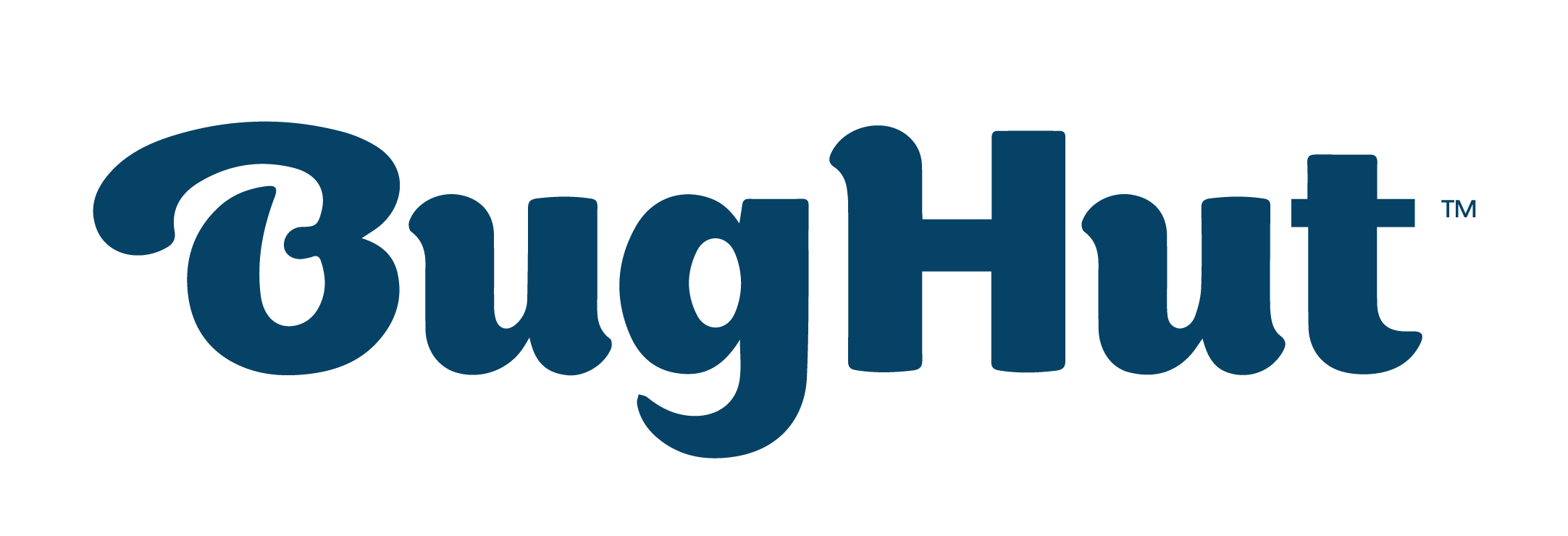Your garden is an outlet for you to express yourself, find peace and quiet, cultivate beauty, and even grow food to sustain you and your family. As if that wasn’t already monumentally important, it’s also a key part of your local ecosystem. From the insects and birds in your neighborhood to the air and water quality in your community, every aspect of your world is connected to your garden.
One of the most impactful ways to make your garden a beneficial player in your ecosystem? Taking simple steps to save the bees and support all pollinators in the process. Here’s how to do it — and you might already have a head start!
Why Are Pollinators Important?
Pollinators including bees, bats, birds, and butterflies play an essential role in life as we know it. From the other flora and fauna we get to enjoy to our everyday health and food production, we owe many of life’s joys to our pollinators.
One out of every three bites of food we eat exists thanks to animal pollinators, scientists estimate. And it’s not just the quantity of food we owe to pollinators, but also the quality. Bees and other pollinators help increase production of nutrient-dense foods like fruits, vegetables, and nuts. As concerns for the health of pollinator populations increase, so do worries about the future of human health — to save the bees is to save ourselves.
Nature-lovers also have pollinators to thank for so much natural beauty. 80% of flowering plants need animal pollination, meaning our world would get much less colorful without the work of these species.
Threats to Pollinators
So, what’s changed? Why the recent push to save the bees? In recent years, pollinator populations have dropped because of habitat loss, diseases, and parasites. Climate change has also disrupted relationships between pollinators and the plants they rely on, which has made food less available for them.
Plus, the widespread use of pesticides means that most pollinators face contamination in their nesting materials and food sources. Pesticides can weaken, kill, and cause memory loss and navigation issues for bees and other pollinators, causing a drop in their populations.
Save The Bees With Your Garden
With every organic home garden, we take a small step toward saving the bees. Growing an organic garden means providing a safe food and habitat source for bees and other pollinators. If one of your garden goals is to save the bees, keep these aspects in mind:
Cultivate plant diversity: Growing a wide variety of flowering plants that bloom at different times can help sustain your local pollinator populations throughout the spring, summer, and fall.
Choose native species: Conduct a bit of research before planting to be sure you’re selecting native species and nothing invasive. Native species make the best food for your local pollinator species.
Avoid pesticides: As tempting as it may be to use chemical pesticides to keep the insects away, avoiding pesticides is one of the most important steps to take in helping pollinators. Fortunately, natural and organic alternatives like BugHut’s Insect Control can help keep pests at bay without harming pollinators.
Add a water source: Bees get thirsty too! Outside near your garden, place shallow water dishes with stones or pebbles for pollinators to land on.
Taking steps in your own garden to protect pollinators and save the bees is one of the best actions to take in preserving nature and life as we know it. While it might cause some temporary frustrations to skip the pesticides, your future garden will thank you.
Plus, there are finally effective options for natural plant care that won’t harm local pollinators. At BugHut, we make naturally better plant care using ingredients safe for your pets, your family, and your entire local ecosystem. Become a part of the solution while enjoying your best garden yet when you start your season with the Ultimate Kit.




